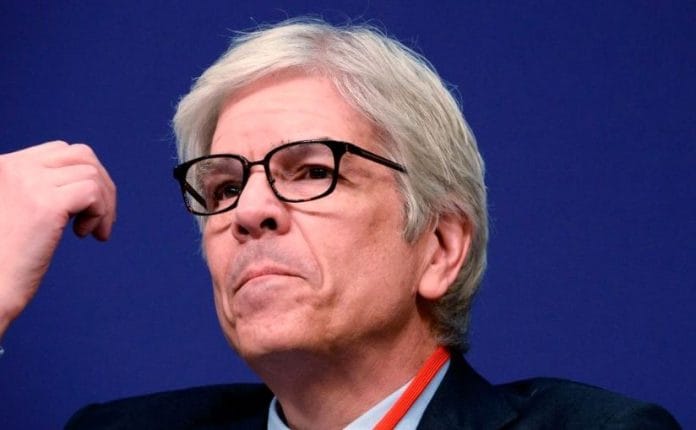Academics William Nordhaus and Paul Romer helped find answers to what makes people better off, and how can we have more of it.
At its best, economics poses a simple question: What makes people better off, and how can we have more of it? This year, the Nobel committee has rightly chosen to honour two academics, William Nordhaus and Paul Romer, who have demonstrated a rare dedication to finding answers — and to making the case for action.
Economic growth can be a powerful generator of human well-being, but there’s always debate over the extent to which governments can or should try to shape it. Some argue that it’s always best to trust markets: Let people and companies pursue their self-interest, and they’ll generally produce the best possible result for society. In different ways, Nordhaus and Romer showed that the right kind of government action is sometimes imperative.
Nordhaus brought economics to climate change. Long after scientists had established that fossil fuels risked destroying the environment, reasonable people could differ on what should be done. Nordhaus built models that quantified the costs of action and inaction, making an irresistible case for effective climate-change policy. This opened the way to contemplate solutions such as a carbon tax — a policy that Nordhaus has long advocated.
Romer’s prize-winning work focused on innovation. He helped define the crucial role it plays in long-term economic growth and pointed out a problem: Left to their own devices, people and companies won’t produce enough new ideas because they don’t get paid for all the society-wide benefits they generate. That’s why governments should encourage their creation and dissemination — with policies ranging from public investment in fundamental research to anti-trust enforcement designed to reduce barriers to economic change.
The commitment of both economists to evidence and application is all too uncommon. Many academics have focused in recent years on building mathematically elegant, internally consistent models that bear little or no relation to what happens in the real world — a tendency that Romer has forthrightly attacked. Mainstream economics had little to say about the financial and economic crises of 2008, for instance.
In recognizing Nordhaus and Romer, the Nobel committee has rewarded economics as it should be done. Study the evidence, employ it to build testable theories of how the world works, then use them to inform actual policy — and always be ready to change theories that don’t match the facts. It’s an approach that the profession as a whole would do well to emulate. – Bloomberg






